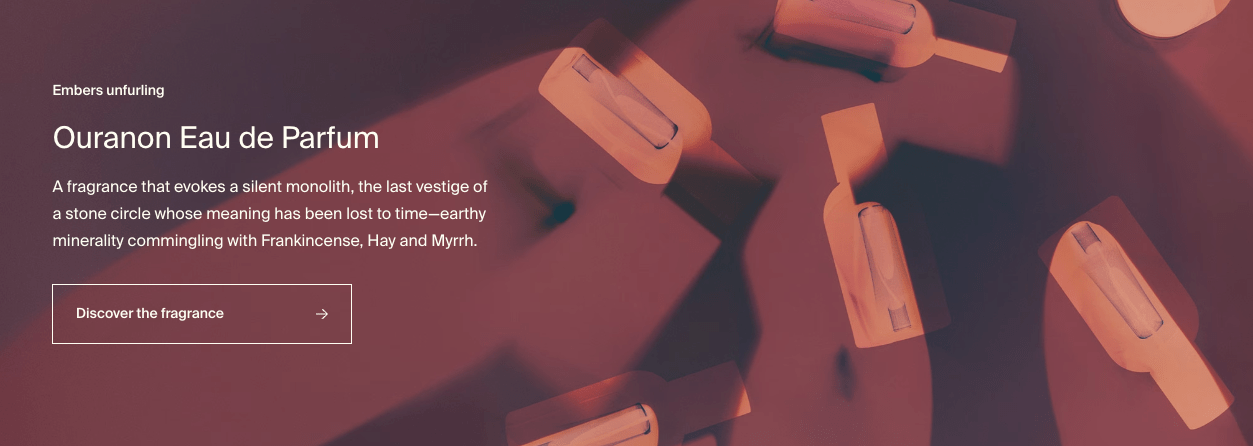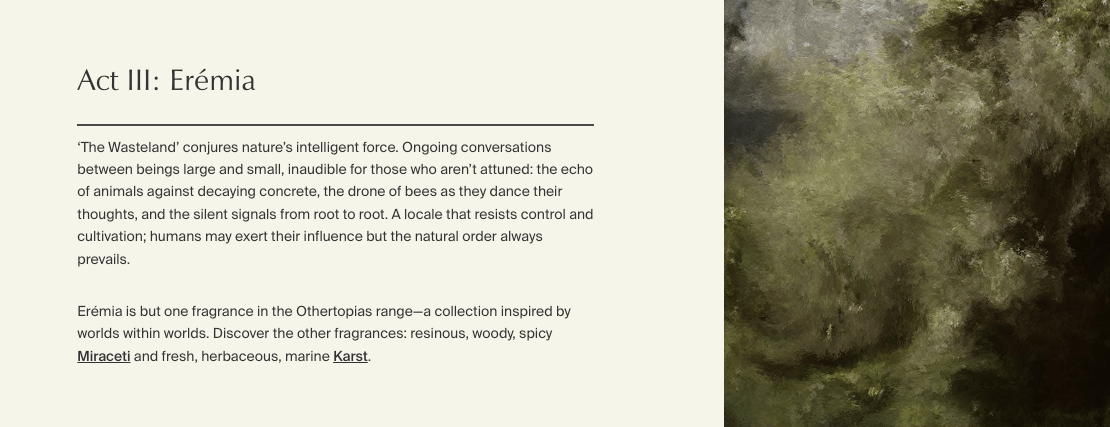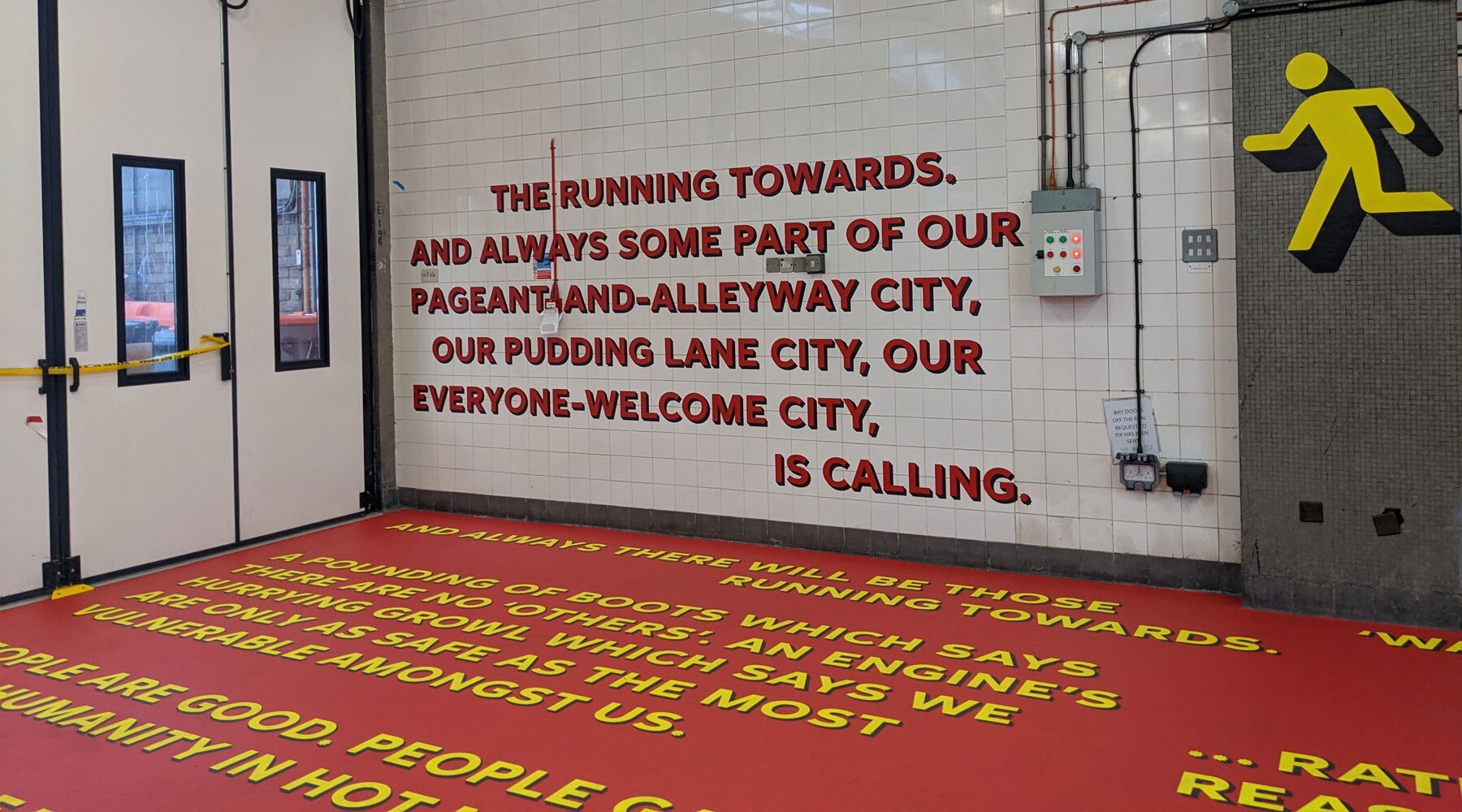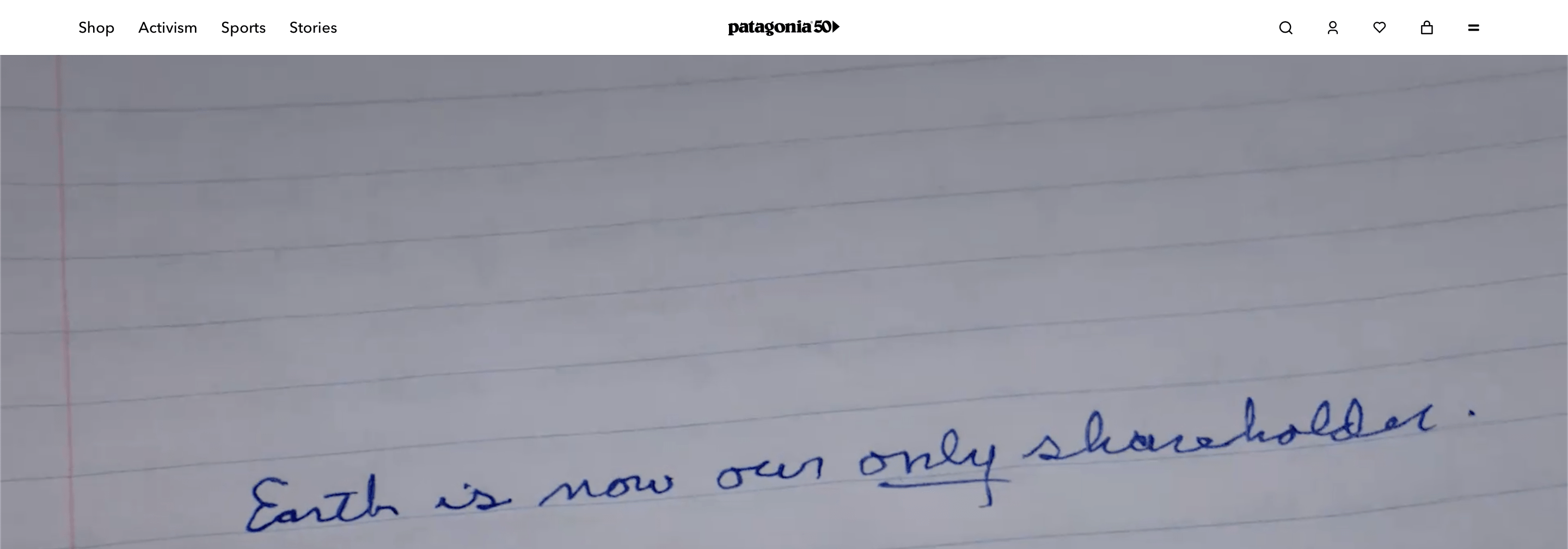This past summer I found myself discussing taglines with some of our Railyard interns. They had been brainstorming taglines for a new client. But most of their first ideas felt too literal to quite work. Too direct. Not enough mystery. They asked me what makes a tagline great, and for a moment my mind went somewhere far away from the world of branding.
Murderers are easy to understand.
I thought about the German poet Rainer Maria Rilke. In the fourth elegy of his Duino Elegies, he writes, “murderers are easy to understand.”
So then came my answer: furniture. A great tagline doesn’t tell you anything. Like furniture, it describes the feeling of the room simply by being there. “Just do it.” “I’m lovin’ it.” These don’t say anything. They simply are.
Strange at first, Rilke’s statement is a defense of the art of leaving things to the imagination, of using language to get closer to the inexpressible rather than obliterating it in literalness. It means that embracing the unknown is not only the lifeblood of creativity but needed for survival. Holding fast to ambiguity is a skill life asks us to learn in impressively myriad ways. Simplify things too much, and you strangle the magic.
This is equally true for brands. Those who make themselves too easily understandable do not survive.
Creating at the Limits of Language
Today’s reality for brands is that trust and consumer loyalty are won not simply through selling a good product. Every company has something useful to offer. What brands need most to survive are relationships. Relationships with humans and with the wider non-human world in which we live. And those relationships, if they are to be emotionally sustainable, evolving and deepening with time, must be rooted in a truth so undeniably there that it escapes words.
Language is one of the best tools brands have to, paradoxically, evoke a world we don’t understand.
Take Aesop, the Australian cosmetic brand. The brand’s unique take on minimalism would fall flat without language that evoked the fullness of a world just beyond the reach of words. One fragrance is described beautifully as “a stone circle whose meaning has been lost to time.” You want to get closer to that absence, a dialogue with the unknown.

Another fragrance, Erémia, is said to conjure “ongoing conversations between beings large and small.” This is brand storytelling at the weird and hazy–and yes, fragrant–limits of understanding.

Language is one of the best tools brands have to, paradoxically, evoke a world we don’t understand. I don’t have to tell you that that’s the world we actually live in.
Out of Words, Into Being
This brings us to an old idea that has occupied philosophers for millennia, but today’s branding industry is only just beginning to appreciate: ontology. This is a fancy term of art that basically means the philosophy of being. So, when I say that brands are ontological, what I’m saying is that they have being, or–to be kind of annoying about it–a towardness to the world. They, like furniture and great taglines, furnish experience.
What a brand’s being shares most deeply with other beings is what it cannot say and cannot do, and so must surrender to the shared space of the world.
So, let’s talk about brand beings. They exist in a world of human beings, bird beings, polar ice sheet beings, even future beings and imaginary beings. Ad Infinitum. All are relevant potential stakeholders, making up the full tapestry of the world. What makes brands have being, and thus a meaningful relationship with other beings, is not only what they say or do. Being runs deeper than action. What a brand’s being shares most deeply with other beings is what it cannot say and cannot do, and so must surrender to the shared space of the world.
Of course that shared space touches public sector beings as well. Take the London Fire Brigade’s 2022 campaign created by copywriter and poet Thomas Sharp. “LOVE IS THE RUNNING TOWARDS” in massive bold lettering heads the Shoreditch Fire Station gates. Apparently taking a nod from Emily Dickinson’s advice to “tell all the truth but tell it slant,” it defamiliarizes the emergency service just enough to transform it into the exemplar of universal love it truly is. We all share a miracle now.

“People gather their humanity in hot moments and step forward to help those they don’t know,” says the words wrapping the station’s floors and walls. “People are good.” Our world needs more language like this.

Brand Ontology
Thinking about brand ontology allows us to think about the larger arena brands exist in, that stakeholders include consumer beings along with river beings, housing development beings, textile beings and more. Brand trust then begins with humility and connection with all potential stakeholders.
No modern brand has been as visible and successful in thinking about brand ontology as Patagonia. With an overhaul of their ownership model in 2022, they were able to ensure their roughly $100 million per year profits went directly to fighting climate injustice. “Earth is now our only shareholder,” as the founder Yves Chouinard put it.
Brand ontology means daring to speak the unspeakable, taking a risk that cuts to the core of who we are.
In today’s world, where “hyper-connection” may as well include the entire planet’s life systems as well as our immediate social circles, an emotional connection with consumers and stakeholders means having an authentic perspective on the world, and getting clear about where you want to stand in it even when you don’t.
A brand like Patagonia is a first class example of facing the contradictions of its embeddedness in an unsustainable consumer economy and the ethical responsibility we all have to our home planet.

Against all odds Patagonia has managed to turn a capitalist for-profit business model into a positive force for climate action. It’s not perfect, but it is necessary.

Brand ontology means daring to speak the unspeakable, taking a risk that cuts to the core of who we are. Even at the risk of being misunderstood.
It Must Be Genuine
So anytime you feel the pressure to simplify your brand’s truth to the point of market irrelevance, remember Rilke. “Murderers are easy to understand.” Your brand truth is complicated because it matters. The real challenge is to communicate genuine understanding of the fuzzy truths that bind us–and the planet–together. The real challenge is to make the mystery clear.
Because doing so is what it means to occupy a meaningful space in the world today.
And, if you need help writing, designing or creating your unseen truth, feel free to drop us a line.
Austin Chisholm is a Creative Copywriter at Dossier | ZGM.
Reach him at austin@dossiercreative.com
